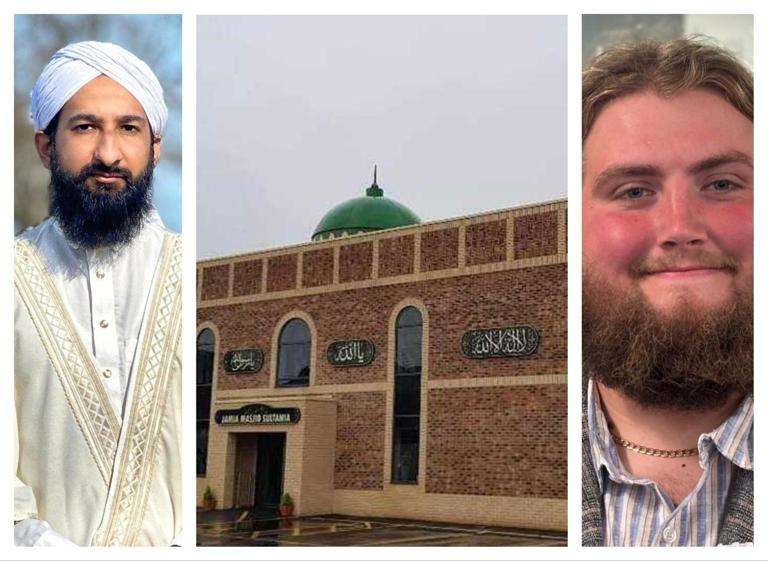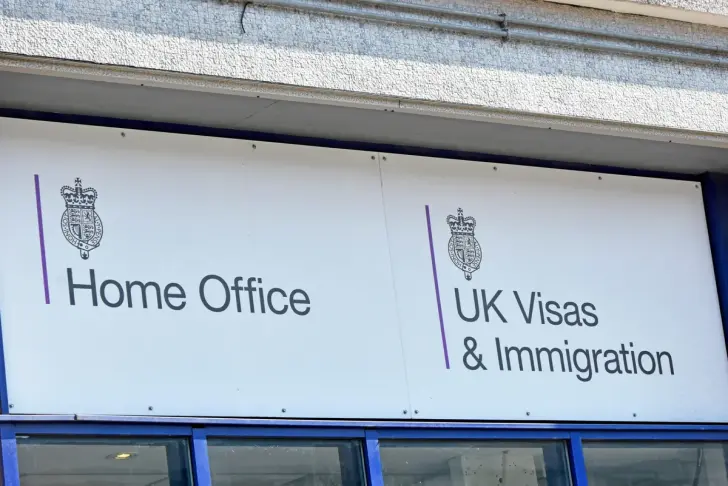- Biological scientists – all jobs - £41,900 (£21.49 per hour)
- Archaeologists - £36,400 (£18.67 per hour)
- Graphic and multimedia designers - £30,960 (£15.88 per hour)
- Laboratory technicians - £30,960 (£15.88 per hour)
- Pharmaceutical technicians - £30,960 (£15.88 per hour)
- Artists - £32,900 (£16.87 per hour)
- Classical ballet dancers - £30,960 (£15.88 per hour)
- Orchestral musicians - £32,900 (£16.87 per hour)
- Arts officers, producers and directors - £37,500 (£19.23 per hour
- Agriculture and fishing trades - £30,960 (£15.88 per hour)
- Welding trades - £31,700 (£16.26 per hour)
- Stonemasons - £31,000 (£15.90 per hour)
- Bricklayers - £30,960 (£15.88 per hour)
- Roofers, roof tilers and slaters - £31,000 (£15.90 per hour)
- Carpenters and joiners - £30,960 (£15.88 per hour)
- Construction and building trades - £30,960 (£15.88 per hour)
- Care workers and home carers - £30,960 (£15.88 per hour)
- Senior care workers - £30,960 (£15.88 per hour)
- Animal care services - £30,960 (£15.88 per hour)
Alp Mehmet, chairman of Migration Watch UK which campaigns for tougher border controls, described the figures as 'astonishing', adding: 'Immigration remains completely out of control.' Last year's 616,000 foreign worker visas topped the previous year's 422,000. It included a 26 per cent year-on-year leap in the main holders of foreign worker visas to more than 337,000, plus an 80 per cent jump in the number of family members they were allowed to bring to the country, to 279,000. The surge in foreign workers was driven by a 349 per cent rise in care worker visas to just over 89,000, with the largest numbers coming from India, Nigeria and Zimbabwe. Director of Oxford University's Migration Observatory, Dr Madeleine Sumption, said the surge was being driven by demand in the public sector. 'When [EU] free movement ended, the Government said that employers would have to adjust,' she said. 'It turns out what this meant was that other employers would have to adjust, and not the Government. 'Where workers are directly or indirectly employed by the Government, there has been much less enthusiasm to restrict. 'This has meant the public sector has increasingly dominated the skilled work visa system.' Only seven per cent of work visa applications were refused by the Home Office.
Home Secretary James Cleverly has already announced a number of changes designed to drive figures down – including a bar on care workers bringing relatives here – but their impact remains to be seen.
_7.jpg)


_9.jpg)




.svg)
